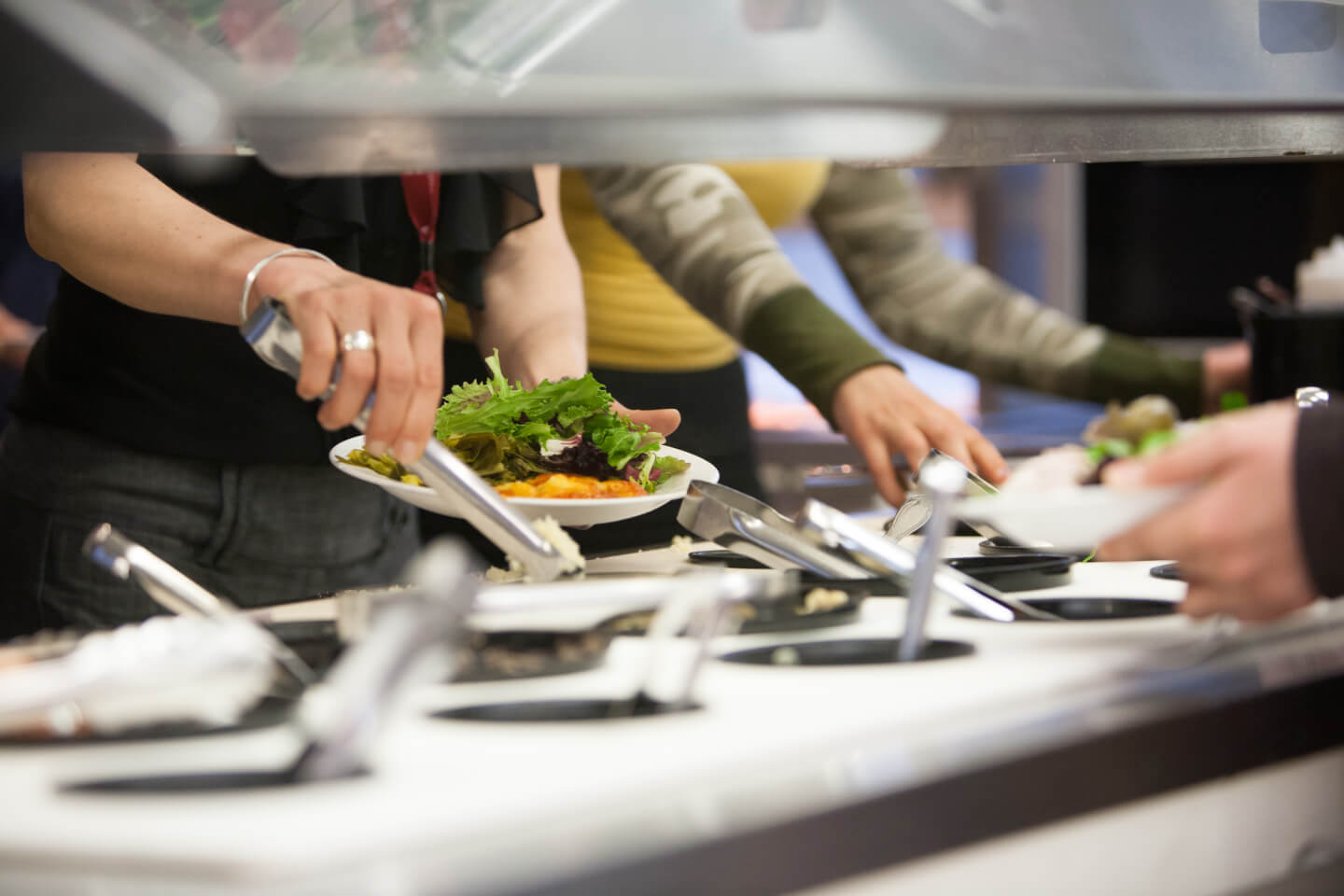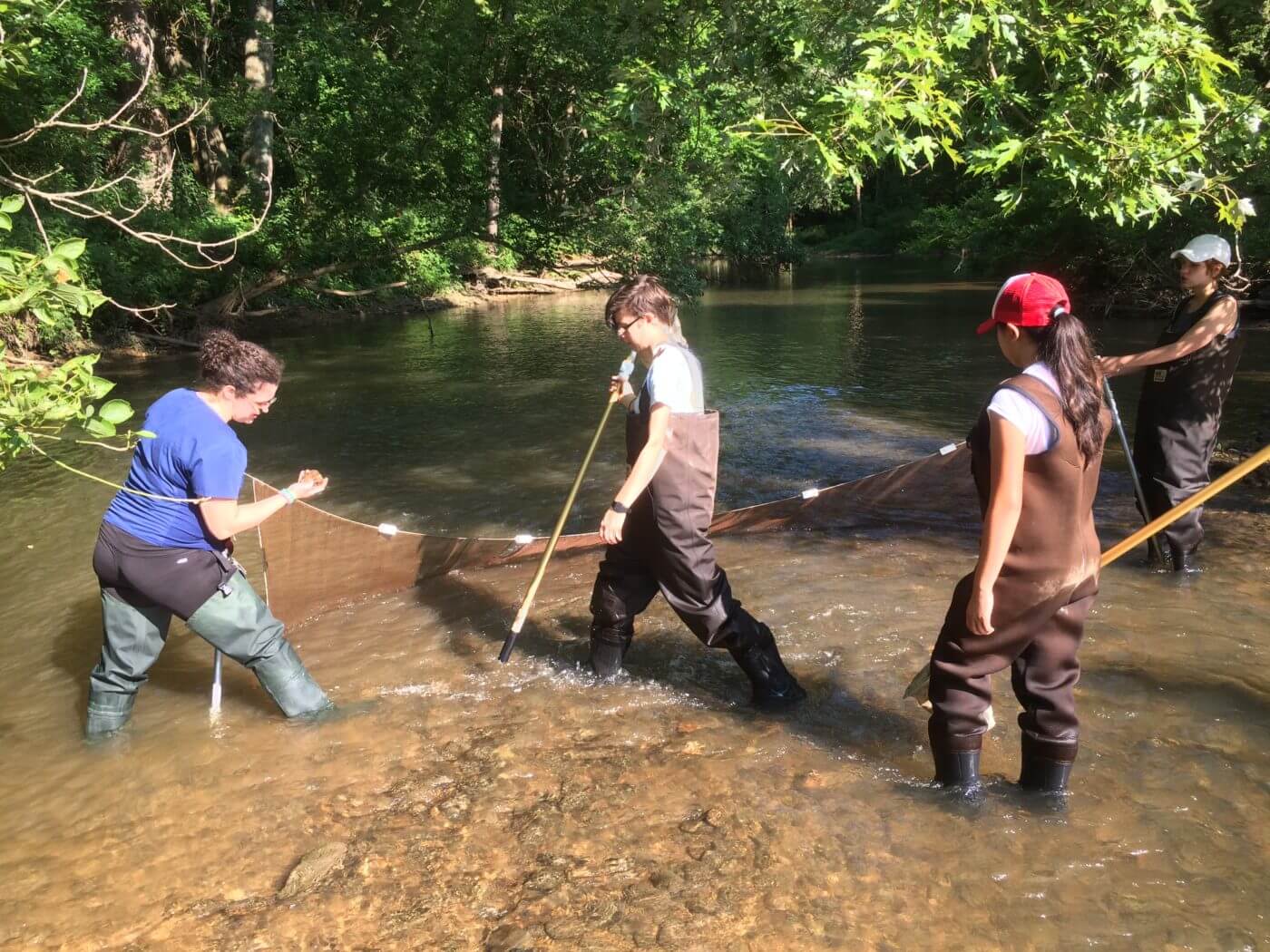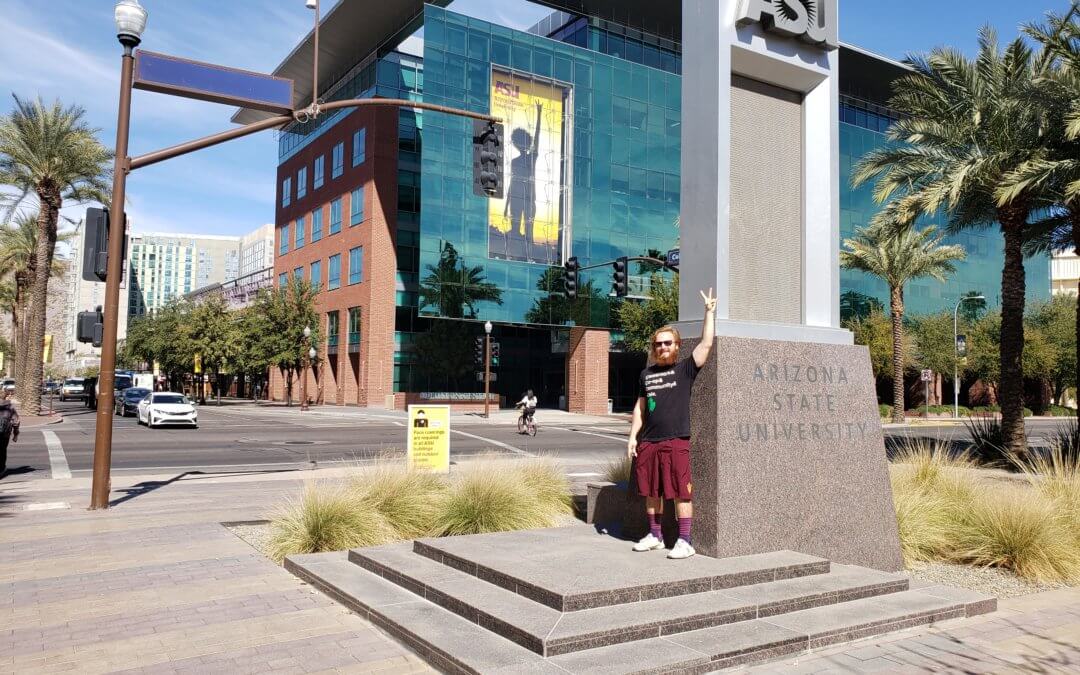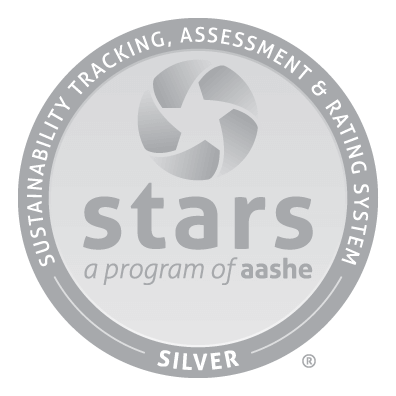Environmental Sustainability
A Living and Learning Practice
Many modern challenges ranging from environmental justice, climate change, structural racism, and food security are “wicked problems” that require a wide range of expertise. Antioch College lives its commitment to sustainability in a comprehensive way from the classroom to campus operations and beyond.
A typical college uses its grounds to reinforce its marketing. Well-manicured lawns and formal gardens convey ample resources and order, and ivy-covered buildings equate with age and grandeur. Antioch’s campus is an integral part of a very different instructional landscape featuring reforestation areas, low-mow lawn areas, pollinator gardens, native plants, and ecological agriculture.
Antioch College has strived to reduce the impact of its campus operations on the environment by establishing sustainable policies, programs, and practices that ensure it is conducting operations in an environmentally sound manner—consistent with Antioch’s vision of providing a place where better ways of living are discovered. Antioch lives its commitment to environmental sustainability in a comprehensive way, perhaps unmatched by any other college.
We’ve been recognized as an international leader for our campus operations (farm, dining, solar and geothermal renewable energy facilities, LEED-certified buildings, nature preserve), our faculty expertise, our courses, and our Cooperative Education (Co-op) jobs.
Learn More




Recent News

Richard Hauck ’17 Accepted to Two Master’s Programs
After graduating with a self-designed major in Bachelor of Science: Ecology and the Human Environment with Spanish Language focus and earning magna cum laude, Richard Hauck ’17 has been accepted into two master’s programs at Arizona State University.
Sustainability In Practice
Our Solar Sheep program was piloted from August to December 2016 to see if we could implement a more sustainable method of maintaining our five-acre solar array while continuing the practice of raising sheep for our campus dining hall. It turns out that to mow around the solar array every two weeks, it cost about $4000 annually. The greenhouse gas emissions were worse: one hour of mowing with a gas-powered mower was equivalent to the emissions of 11 cars!
Ellie Burck ’18 reported on the Solar Sheep pilot program for the Antioch Word, a student-produced podcast at WYSO. Ellie talked with staff and students about the sustainable aspect of combining not only raising sheep for our dining halls, but also allowing them to graze in marginal pasture under our solar arrays to cut down on our carbon footprint. She also touches on taking care of the food students will be eating. Keegan Smith-Nichols ’17 explains, “It’s nice to know where our meat is coming from and how it was treated, how it was fed, what it ate.”









